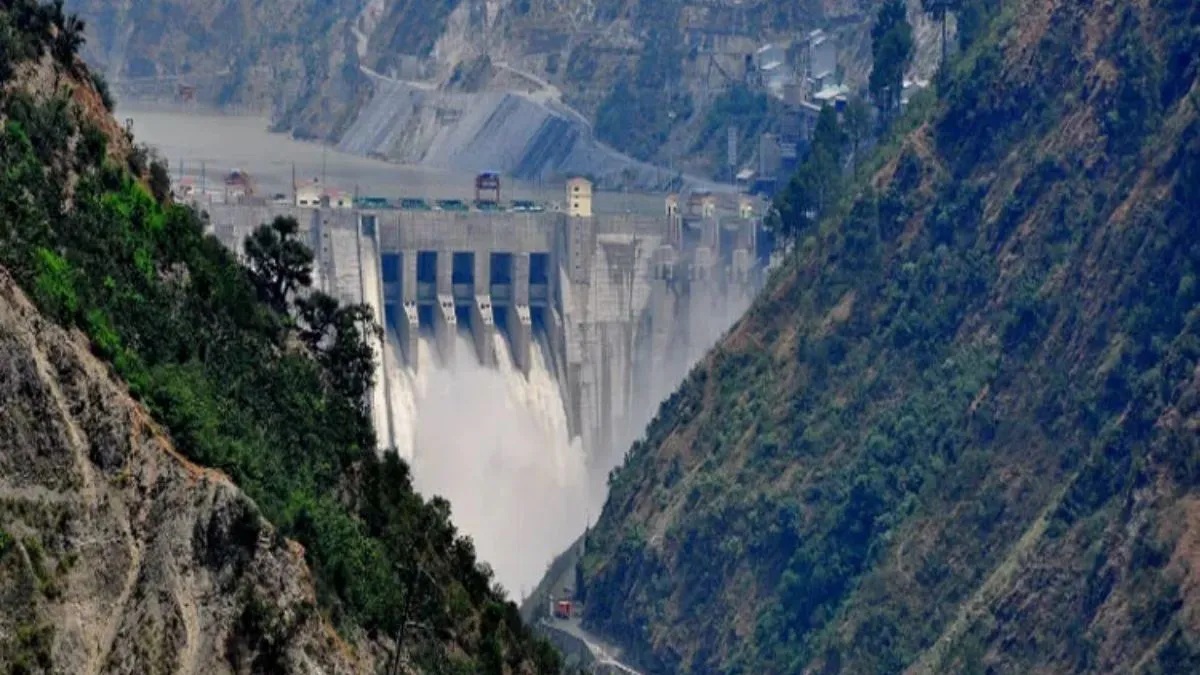 Early Times Report Early Times Report
Jammu, June 4: In the wake of the Union Government’s suspension of the Indus Water Treaty (IWT) on April 23, 2025, security has been significantly heightened around key hydroelectric projects in Jammu and Kashmir, particularly along the Chenab River in Kishtwar district. The move follows the deadly terror attack in Pahalgam that left 26 civilians dead and comes amid fears of potential sabotage by Pakistan-backed terror groups. Authorities have placed hydroelectric installations in Kishtwar, Doda, Ramban, and Reasi districts on high alert, focusing on both operational and under-construction facilities. A senior security official, speaking on condition of anonymity, said that increased terrorist activity, including the neutralization of two terrorists in Kishtwar on May 22, has prompted an urgent escalation in counter-insurgency efforts.
“Security and counter-insurgency measures have been tightened to prevent any sabotage attempt by Pakistan-sponsored groups,” the official said.
The authorities have decided to install high-security fencing at project sites, an Authorities have placed hydroelectric installations in Kishtwar, Doda, Ramban, and Reasi districts on high alert.
They are focusing on both operational and under-construction facilities.
Security and counter-insurgency measures have been tightened to prevent any sabotage attempt by Pakistan-sponsored groups.
The authorities have decided to install high-security fencing at project sites, and deployment of enhanced CCTV surveillance systems.
India suspended the 1960 Indus Water Treaty—a water-sharing agreement with Pakistan—following the Pahalgam attack, which was attributed to Pakistan-based terror outfits. The treaty had allocated primary usage of the Indus, Jhelum, and Chenab rivers to Pakistan.
Pakistan has criticized the suspension, with Prime Minister Shehbaz Sharif warning against the "weaponisation of water", citing risks to millions reliant on the Indus system for irrigation. India, however, has defended its move, accusing Pakistan of violating the treaty’s spirit by supporting cross-border terrorism.
Security agencies remain on high alert amid ongoing concerns that terror groups may attempt to target critical energy infrastructure. The recent spike in terror incidents in Kishtwar, coupled with heightened geopolitical tensions, underscores the strategic and security importance of these projects.
Officials say that securing these assets is essential not only for regional stability but also for India’s long-term energy independence and development goals. |
